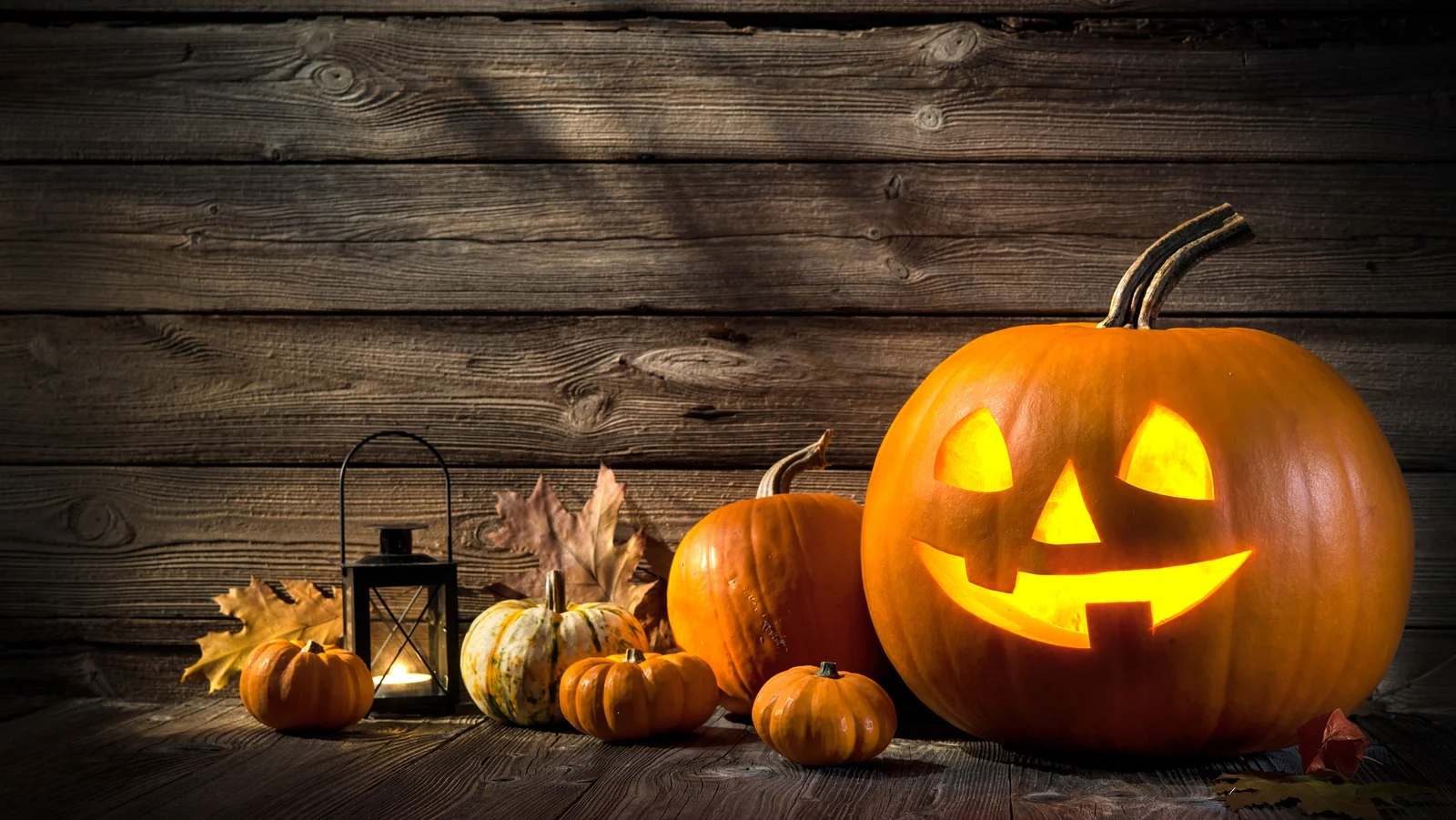As you might expect, Halloween is a strange time of year. Wearing costumes, kids ask people for candy. Spiderwebs and gravestones are used as decorations around people’s homes. It sounds like a strange word. Where did Halloween come from? How did celebrating all things scary become linked to a Celtic festival from long ago and a Christian holiday honoring saints?
You should open your trick-or-treat bag (a pillowcase, if proper) to find some hard-word treats.
Why is it called Halloween?

The word “Halloween” was first written down around the year 1550. There are times when Halloween is written Hallowe’en, which comes from the fact that it is short for Allhallows Even. There is another name for All Saints’ Day, which is a Christian holiday. Even in All Hallows, Even means the same thing as eve: the night or day before a holiday, like Christmas Eve. People talk about the saints with the word hallow, which means “holy.”
What is All Saints’ Day?
All Saints’ Day is a Christian holiday held every November 1 to honor all the saints. Many Catholics feel forced to go to Mass on this day, so many Catholic school students know that the day after Halloween is a day off from school. The next day, November 2, is All Souls’ Day, a Christian holiday when people pray deeply for all the dead.
The observance of All Saints’ Day and its date are influenced by religious traditions already in place, like many other Christian holidays. To coincide with (or replace) the old Celtic festival of Samhain, many scholars think that the observance of All Saints’ Day was placed on November 1 in Britain and Ireland.
What is Samhain?
Samhain, which you say [sah-win], is an old Celtic harvest festival held in celebration of the start of winter and a new year.
Celts who lived in the British Isles in the past held it on or around November 1, which they saw as the beginning of winter and the year. The word Samhain, according to some experts, means “summer’s end.”
Major events are held at the seasons change in Pagan and Neopagan traditions, and Samhain is one of the most significant holidays.
It was believed that the door to the spirit world was open for spirits to enter and haunt the living during this time of year among the ancient Celts. To protect themselves, people lit bonfires and dressed up as the spirits and creatures they believed could cross over that night. Sense a pattern?
These days, Samhain is sometimes used as a different word for Halloween.
Where does Halloween come from?
The idea that Halloween is a time when creatures from the spirit realm walk the world of the living is one of many traditions connected to Halloween that are thought to have originated in Samhain. The costumes as well.
Some of the traditions of Samhain were added to All Saints’ Day, which was celebrated on November 1. Halloween has been influenced by and has combined aspects from many cultures to become what it is today because many of these customs were brought to the US by immigrants. The Day of the Dead is one cultural celebration strikingly similar to Halloween.
What is the Day of the Dead?
Dia de los Muertos, a festival in honor and celebration of the souls of the dead, is known as “Day of the Dead” in English. It happens on November 1 and 2, and most people who are Mexican or have Mexican ancestry celebrate it. People from other Central and South American countries also celebrate it.
It is a day to honor dead family members and loved ones by bringing back their spirits through different customs, such as visiting their graves, making altars, and leaving special food gifts.
While the festival can be sad at times, it is usually celebrated in happy ways, such as with parades where the souls of the dead are said to participate.
Many of its traditions are thought to have been influenced by Native American customs, such as those of the Aztecs and Toltecs, though its exact roots are still being discussed. It is thought that the festival’s happy mood comes from the fact that in these cultures, grief has usually been less serious because people believe that the souls of the dead live on in the living. The festival is held on the day that coincides with the Christian holidays of All Saints’ Day and All Souls’ Day, one of the customs traced back to Christian European settlers and preachers.
Halloween is often seen as a way to celebrate the eerie or things that are scary or have to do with death, like the Day of the Dead.